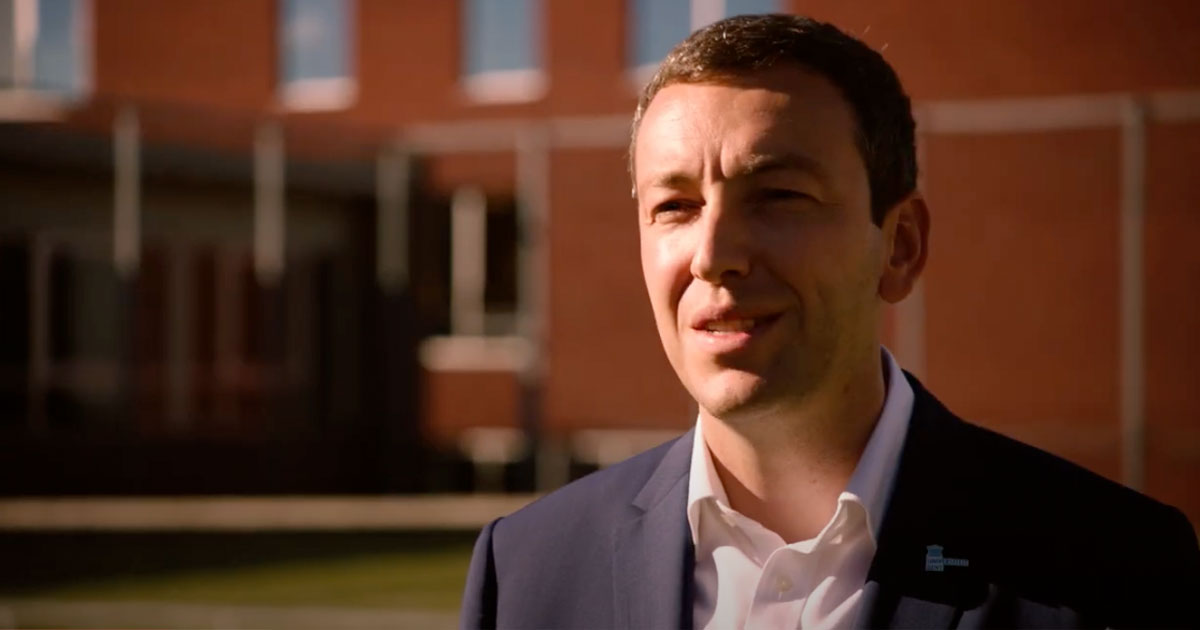Criticism of gambling advertising: time for a complete ban?
From 1 January 2025, gambling sponsorship will be subject to stricter supervision. However, there are calls for a complete ban. The Gaming Commission (KSC) recently announced that it will be taking a stricter approach to gambling sponsorship in sports.
From next year, gambling companies will no longer be allowed to advertise via backdoors, such as sponsoring foundations and associations. But for some, this is not enough. Professor Bram Constandt and postdoctoral researcher Steffi De Jans from Ghent University argue in an opinion piece for a total ban on gambling advertising.
Gambling companies try to remain visible
From 2025, there will be a ban on almost all forms of sports sponsorship by gambling companies. However, gambling companies are already trying to find ways to remain visible. They will remain present via their own media channels, full of sports news and subtle advertising. They also work together with charitable foundations that fall under sports clubs.
Constandt gives an example: “Imagine that a foundation for underprivileged young people is sponsored by a gambling company, while one of the players has lost all his money there. That is absurd. Such situations undermine confidence in the collaboration with actors from addiction care.”
A call for stricter rules and a total ban
According to Constandt and De Jans, the current rules are not sufficient to protect vulnerable groups. “There is increasing scientific consensus on the need for a total ban,” says Constandt. Yet that is politically difficult.
“The current partial ban came about due to pressure from the gambling industry and opposition from political quarters. What is scientifically desirable clashes with what seems politically feasible.”
Legislation in Belgium still leaves much room for discussion
Earlier this year, a ban on gambling advertising in principle was enshrined in the Van Hecke law. This explicitly states which exceptions are still possible. Everything that falls outside of this is prohibited. Yet there are still many loopholes that frustrate critics such as Constandt.
He emphasises that the economic arguments against a total ban are often exaggerated.
“Critics say that a ban would cause the legal industry to collapse. But there is no international evidence for this. In fact, research shows that gambling costs the British economy £1.3 billion a year. Advertising plays a major role in this.”
What does this mean for the future of gambling sponsorship?
With the new rules, the Gambling Commission is already taking steps towards stricter controls. But with the ongoing debate and growing scientific support for a total ban, the subject does not seem to be off the table for a long time. For the time being, the tension between economic interests and the protection of vulnerable groups remains central.


